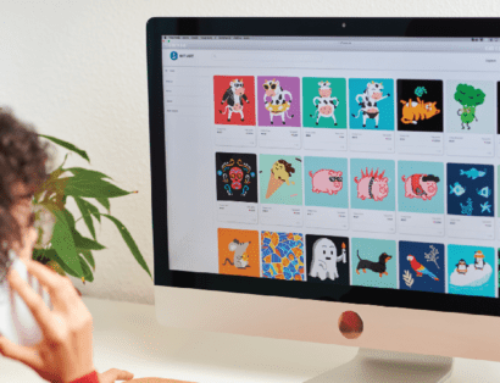Meta (formerly Facebook) has in recent days announced the pilot phase for the introduction of a cryptocurrency transfer system for Whatsapp, the popular messaging application.
The applications controlled by Meta already have this kind of service in various countries, but this is the first time that it is also proposed based on cryptocurrencies.
Facebook and cryptocurrencies
In 2019 Meta, at the time Facebook, had launched “Libra,” a full-fledged cryptocurrency, with great emphasis. Despite the support of giants such as Visa and Mastercard, the project had then been withdrawn due to opposition from politics and some of the world’s most important regulators. This opposition led to the abandonment of the Libra Association by its most important members. Of concern were the risks of financial instability and reduced control of monetary policy. But also risks to privacy and possible money laundering scandals.
The Libra Association’s goal was to create a cryptocurrency designed to compete with Bitcoin.
At the end of 2020, Meta tried again: it announced Diem, a currency aimed at allowing every user to make payments or send money directly through the Facebook and WhatsApp platforms. No longer a global electronic currency as Libra was going to be, but a digital currency linked to the dollar with a value ratio of one to one: A stablecoin, so as to ensure security and above all reduce the volatility of the currency.
At the same time, the old Libra Association was transformed into the Diem Association, also based in Switzerland.
The payment system connected to the use of Diem through a new app or the existing Facebook Messenger and WhatsApp, became Novi, no longer Calibra, defined at the time of Libra.
The pilot phase
Almost a year later, a new announcement: the pilot phase to test the use of a cryptocurrency to make money transfer transactions via Whatsapp.
The pilot phase mainly concerns a small group of users based in the United States. But also, with more limited functionality, users from Guatemala.
The pilot program will serve to test the essential functionality of the wallet. Namely, the capabilities of customer support and to verify the service compliance. The goal is also to demonstrate that stablecoins are a sustainable alternative form of payment. At this stage, the only currency available is Paxos, a stablecoin based on the US dollar with one to one exchange rate. Coinbase will act as a custody partner. Users will then be able to transfer money instantly, securely, and without fees. Using Whatsapp the popular messaging app owned by Meta.
The use will be very simple. Just as you send a photo, you will be able to send money held in your Novi wallet.
You will notice, however, that the pilot phase is missing an important element. The Meta-backed cryptocurrency Diem, which was supposed to be the cornerstone of the project. The reason being that Diem is still going through the regulatory approval phase and thus is not yet usable.
In this pilot phase, Meta enforces a number of limitations. The total number of transactions per day is 200,000. Then, there is a $300 limit per transaction and a daily transfer limit of $1,000. In addition, there is a daily maximum of $2,500 to add or withdraw funds from an account.
Strategy and future developments
One of Meta’s goals at this stage is to enter the remittance market, i.e., funds sent by emigrants to their own country, offering the service for free for the time being and probably at a low cost later. This explains Guatemala’s presence as a pilot country.
It is presumable that, if the pilot phase has a satisfactory outcome, the next step would be the service integration into the other Meta’s platforms, thus reaching a huge user base. Whatsapp alone already has 2 billion users.
The next step will then be to extend the use cases from remittances to the world of payments and ecommerce. So not only transfer of funds between users, but also online purchases.
Finally, Meta reported that once it receives approval for Diem crypto, that will become Novi’s currency of choice.
Conclusions
After years of evolution that started with Libra in 2019, finally Meta, regarding the use of cryptocurrencies, is on the verge of moving from the troubled organizational phase to the more experimental one that finally involves users, albeit in limited numbers.
Overall, there is little doubt that Meta has the user base, the product, and the executive and strategic capability to capture significant market share in the remittance space.
What is much more difficult to assess is how effective the political and regulatory headwinds that have already begun to blow will be.








